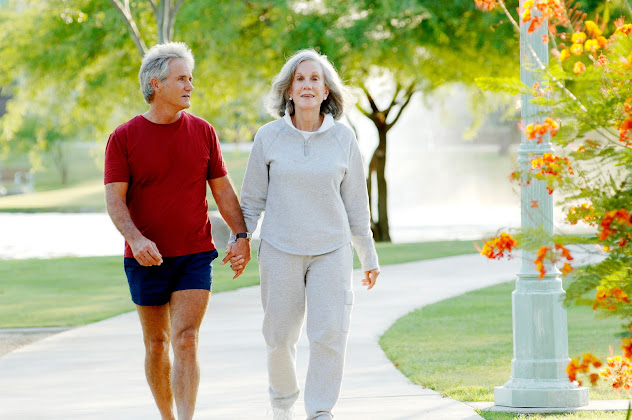How to care for your mental health after a natural catastrophe
The toll a circumstance like surviving a near-Category 5 cyclone may have on a person's mental health can have a significant effect on both individuals and the larger society.
Tara Calligan, a reporter and producer for WGCU, visited Reese VanCamp, the Director of Advanced Providers at Elite DNA Behavioral Health in Fort Myers, in downtown Fort Myers the morning after Hurricane Ian struck Southwest Florida.
VanCamp took time away from removing debris left by Hurricane Ian to explore the significance of mental health during a catastrophe.
TRANSCRIPT:
Calligan: When such a storm accompanies a devastating incident, it is very draining on one's mental health. What type of advice would you provide to others who are now experiencing this?
VanCamp: I believe it's a good idea to examine what's going on in your environment. I believe the greatest way to combat anxiety is to get familiar with your surroundings and formulate a strategy beforehand.
Taking things one at a time, developing a plan with family or friends, and then going ahead, you know, one step at a time, rather than looking at the whole daunting picture.
Calligan: For someone experiencing a tragedy for the first time, this is one of the most devastating hurricanes Southwest Florida has ever seen. How can they begin if they are really in such an overpowering state?
VanCamp: I believe the suicide hotline is talking to one another, talking to others in your neighbourhood or apartment building, and talking to friends. You may always contact out to 988 and talk with someone if you're feeling very terrified. There are several free mental health hotlines available.
Local colleges, if you are on a college campus, all offer centres to visit and people to speak with. Consequently, there is frequently a great deal of debriefing.
There are several possibilities to communicate with others, and I believe this is the most essential thing to do.
Calligan: What about perhaps giving yourself a break and allowing yourself the room to experience these emotions?
VanCamp: I believe this is crucial because, you know, when we need to get things done, we tend to go into that mindset. However, if you take some time to relax, you will do the task more efficiently.
Therefore, by taking the time to express how you feel, knowing that it's okay to do so, and realizing that everyone else around you is probably experiencing the same emotions, you may be providing them with a safe place to do the same.
Calligan: Is the worry and discomfort you would have in a circumstance like this different from what someone may have encountered previously?
VanCamp: Anxiety is often the result of being in a position you do not want to be in. Mostly panic because your body is attempting to escape the dangerous environment. People feeling panicked or as though their bodies are responding right now would be quite typical.
Your body is only attempting to protect you, therefore the best-case situation would be to acknowledge this, accept these sensations, and simply let them pass.
Calligan: Is there anything else you believe would be essential for the listeners, particularly those who are truly suffering in the area at the moment?
Again, I believe that speaking with family and friends is beneficial. Part of the reason we have friends and family is so that we may communicate with them when we're in need of assistance.
Therefore, do not be scared to reach out; that is why we are here. I am aware that I have strolled around our area and saw everyone extending assistance. You just need to extend your hand and receive it.


No comments:
Post a Comment